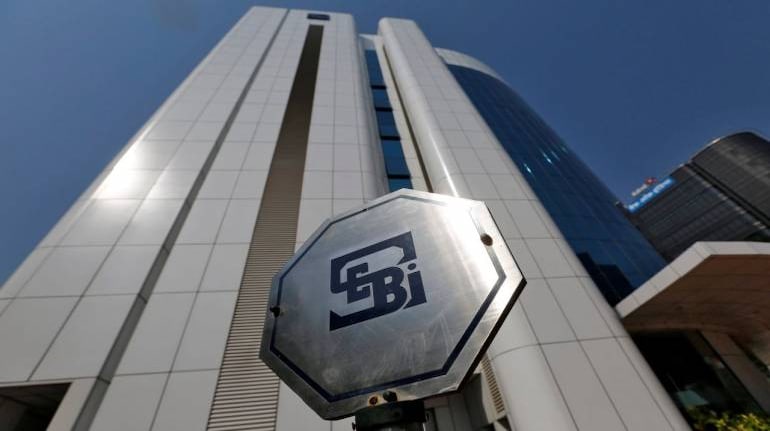
The SEBI board made it easy for acquirers to delist target companies after acquisition.
The board of the markets regulator Securities and Exchange Board of India (SEBI) took a number of key decisions including detailing a framework for spot gold trading, tightening norms for related party transactions, easing rules for issuance of shares with superior voting rights in tech companies and delisting norms.
Here are the key highlights:
Gold Exchange
The regulator has approved the framework for spot trading of gold in India. Under the framework, so-called vault managers can accept gold deposits and issue securities called electronic gold receipts (EGRs). These EGRs can be traded as any other securities (like stock options or stock futures) in exchanges as a separate segment. Exchanges can decide the denomination (e.g. 1 gm, 2 gms etc.) of the EGRs. Investors can hold the EGRs as long as they wish or convert it to the underlying gold by surrendering the instrument to any vault manager.
Superior Voting Rights
The SEBI board decided to relax the eligibility requirements related to Superior Voting Rights (SR) shares framework.
The regulator said that entities belonging to a promoter group that has a net worth of up to Rs 1,000 crore can be issued SR shares. This is an increase from the current Rs 500 crore limit.
Secondly, companies can file for an initial public offer (IPO) three months after issuing SR shares to founders compared to 6 months now.
Also Read | SEBI revises risk management framework for mutual funds
Delisting and M&A
The SEBI board made it easy for acquirers to delist target companies after acquisition. Currently, after an acquirer has to make an open offer to shareholders, even if it gets 90 percent of the shares, it can’t delist. That’s because current rules mandate the acquirer to first bring down shareholding to 75 percent before it begins the delisting process.
Under the current framework, an acquirer can propose a higher price for delisting with a suitable premium over the open offer price.
"If the response to the open offer leads to the delisting threshold of 90 percent being met, all shareholders who tender their shares shall be paid the same delisting price and if the response to the offer leads to the delisting threshold of 90 percent not being met, all shareholders who tender their shares shall be paid the same takeover price," SEBI said. Acquirers also get a 12-month grace period to complete the delisting if they cross 75 percent but fall short of the delisting threshold of 90 percent.
Related Party Transactions
The regulator has tightened the regulations linked to related party transactions or RPTs, a key issue of corporate governance.
A related party transaction is a transaction that takes place between two parties who hold a pre-existing connection prior to the transaction.
The SEBI board has expanded the definition of the related party to all entities which are part of the promoter group. Further, any shareholder holding at least 20 percent of shares in the preceding financial year has also been classified as a related party. This 20 percent limit will be further tightened to 10 percent from April 2023.
The SEBI board also called for greater audit committee scrutiny and shareholder approval for RPTs above a certain threshold – the lower of Rs. 1000 crore or 10 percent of the consolidated annual turnover of the listed entity.
Fit & Proper Criteria
The SEBI board has also tweaked the criteria for determining ‘Fit and Proper Person’. It said these criteria shall be principle-based and/or rule-based.
The principle-based criteria should include integrity, honesty, ethical behaviour, reputation, fairness, and character, it added.
"Some of such disqualifications include an order of conviction passed against such person by a court for any offence involving moral turpitude or such person has been declared insolvent and not discharged or has been categorized as a willful defaulter or has been declared a fugitive economic offender or against whom an order has been passed by SEBI or any other financial sector regulator," it noted.SEBI board clears gold exchange framework, revises norms for RPTs, superior voting rights, delisting and... - Moneycontrol.com
Read More

No comments:
Post a Comment